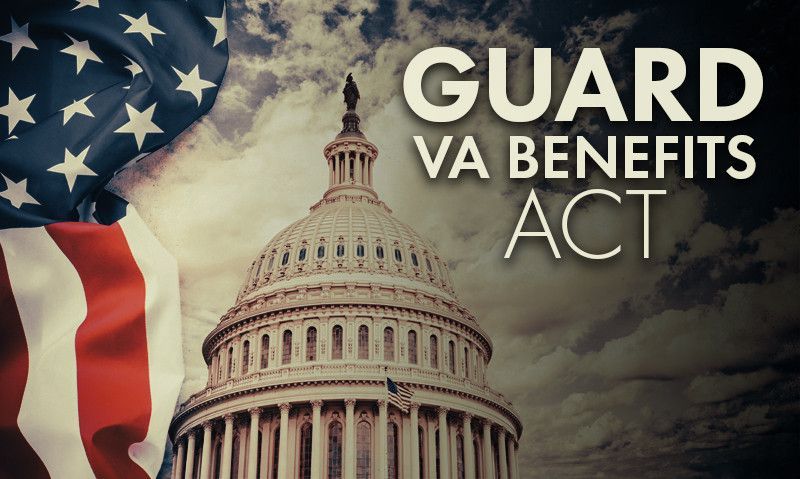
New resolution outlines support for penalizing unaccredited people and companies that charge veterans for benefits claims assistance.
The American Legion National Executive Committee passed a new resolution reiterating its support for penalizing unaccredited companies that charge veterans for benefits claims assistance during a special meeting on Dec. 12.
Prior to the NEC vote, American Legion Veterans Affairs & Rehabilitation Commission Chairman Autrey James explained what’s at stake.
Right now, there are more than 100 unaccredited claims companies “illegally profiting millions of dollars from veterans under the guise of legitimate professionals. Some veterans are being taken advantage of while others are content to pay the exorbitant fees,” he said.
These companies charge veterans for assistance with Department of Veterans Affairs (VA) benefits claims that The American Legion provides at no cost to any veteran.
Resolution 1 calls on Congress to:
• Pass legislation that restores criminal penalties for people or companies violating VA rules regarding representing or charging veterans fees to file, prepare or prosecute initial VA claims without VA accreditation.
• Oppose legislation that would allow unaccredited parties to become legal representatives without completing the accreditation process.
There are two bills pending in Congress related to the issue, the Governing Unaccredited Representatives Defrauding (GUARD) VA Benefits Act and the PLUS (Preserving Lawful Utilization of Services for Veterans) Act.
The American Legion supports the GUARD Act. The legislation would reinstate criminal penalties for unaccredited claim representatives who charge unauthorized fees while assisting veterans with filing a VA disability claim.
Conversely, the PLUS Act would force VA to recognize applicants for accreditation automatically after 90 days, even if they fail to meet VA standards. This legislation also calls for a fee cap of $12,500 to be paid by the veteran.
“Our national commander made it clear that we oppose the PLUS Act — in September when a letter of opposition was sent to Congress, in October during his visits on Capitol Hill, and again last month in his published Commander’s Message,” James said.
After the vote, American Legion National Commander Dan Seehafer said, “Our agenda was short today but very important. Our position is now crystal clear to all unaccredited firms wishing to exploit veterans, and that is, not on our watch!”
With the current congressional term concluding soon, it is likely the legislation will be a focal point for the next session.
“Your work today will only strengthen our testimony that I deliver to Congress in March,” said Seehafer, concluding his remarks.
- Veterans Healthcare

